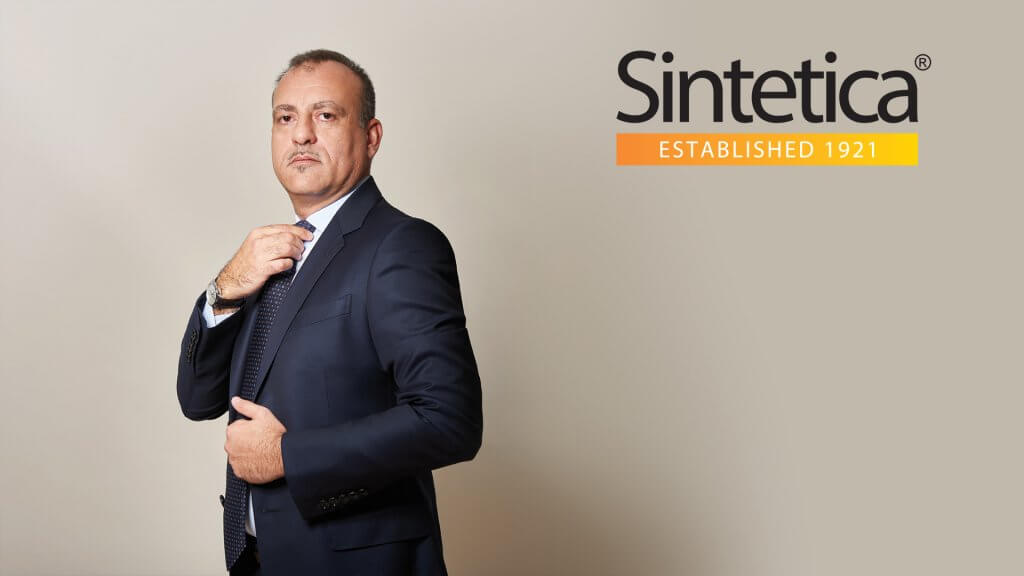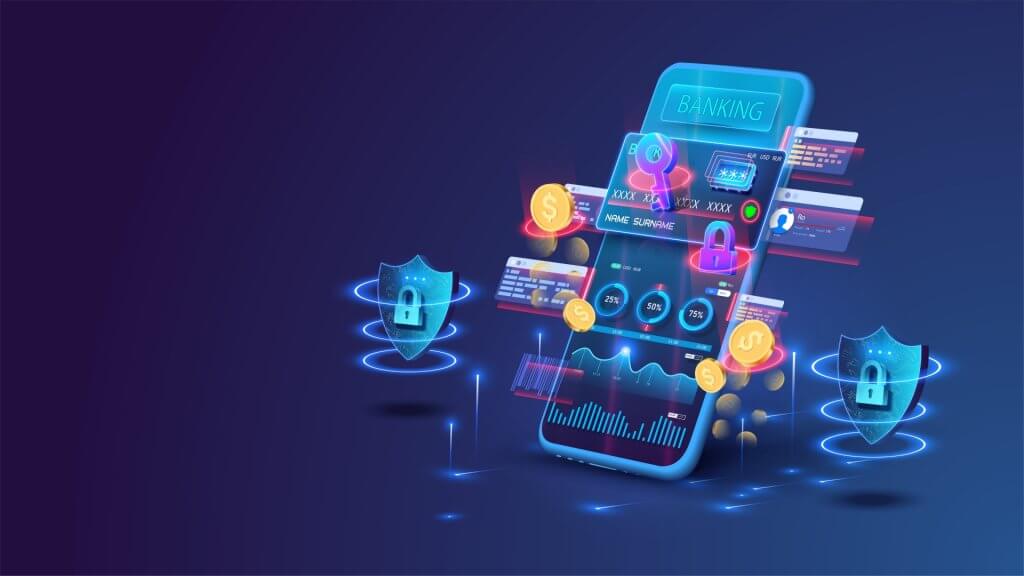
Becoming your own boss is a huge decision. Once you’ve taken that step, the decisions become even bigger and harder. The critical one is obviously how you will go about becoming your own boss. You have two options really, start your own business or buy one from another business owner.
Both options come with their own pros and cons, and which one is right for you will depend on your personal circumstances. The key difference is that starting your own business requires getting that idea for a company that can survive in the market, while buying a business requires you to have the capital needed for a purchase.
Let’s look at the pros and cons for each:
Buying An Established Business
When you buy a business in Edmonton, you are taking the startup step out of the equation. However, that doesn’t mean it will be plain sailing.
The Pros
The Brand Is Established
Marketing is a massive challenge for any new business. If you’re purchasing a business that is already up and running, with customers already in place, then a huge part of that battle is already won. You have a brand name people know and trust. You also have existing marketing platforms you can expand upon and use as you see fit.
The Business Model Has Been Proven
You don’t need to start from scratch with a business plan or figure out how the business should operate. The person who started the venture originally will have done all this and then expanded upon it as the business ran or grew.
It’s Easier To Reach The Point Of Bringing In A Profit
In the best-case scenario, you’ll buy a business that is already profitable. Then, you only need to concern yourself with paying back the investment you made into the business to purchase it. If the business is not currently profitable, you should have done your research and planning before making the purchase. You’ll need to ensure you can get it to a profitable state in a short space of time. It’s essential that you understand the finances behind it all first.
The Cons
The Upfront Cost Is High
The biggest downside to buying a business is the upfront cost of making the purchase. You need the capital to pay for everything that the current owner has invested in already. This can include premises, staff, machinery, product, marketing and goodwill. The good news is, you can usually get a loan for such an investment fairly easily. The business model is proven and lenders can see that the business is operational already. You’re seen as less of a risk than someone starting something entirely new.
The Operating Processes Are Set
This one can be a positive or a negative, depending on how the business was set up and run by the previous owner. Even if the business runs smoothly and efficiently, it’s likely that there will be some processes that will not suit you and you’ll want to change. The issue is, changing an established process—especially if there is staff involved—can be a lot of work.
There Could Be Legacy Staffing Issues
On the subject of staff members, this can be another major problem. Legacy staff can often be resistant to new owners or changes to the way things are done. This is because people don’t like change. That’s not to say that you can’t get past any teething issues. It’s just something you will need to watch out for.
Starting From Scratch With Your Business
This is the general shape that the dream takes when most people think about being their own boss. You get the flexibility of creating something completely new and something that is all yours. However, there are many factors that you will have to be responsible for.
The Pros
The Chance To Revolutionize An Industry Or A Market
Bringing a new idea to the market or a new way of running a recognized business is exciting and what so many entrepreneurs live for. When you purchase something that is already established, you lose that chance to be unique and original.
It’s Usually Less Expensive To Start
Depending on the type of business you’re working on, it’s usually much cheaper to get a new business off the ground than it is to buy one. This is because you can start small and slowly expand over time. You may also be eligible for funding or tax breaks, depending on the industry you decide to operate in.
You Can Create The Business Processes
It’s all up to you when you are starting something from scratch. This may feel like a con because you have to ensure that the processes you put in place are scalable. However, you don’t have to worry about any legacy issues.
The Cons
You Will Need to Prove You Are Worth Financing
Getting money from a lender or an investor is much harder for a startup than for buying an established business. You have to do plenty of planning and research before you can pitch successfully for startup capital.
It Can Take A Long Time To Become Profitable
Startups are notoriously hard to make profitable in the first year, and sometimes even in the first few years. This means that you will need to be putting money into the business constantly rather than getting money out.
There Is A High Rate Of Failure In New Businesses
The research shows that about 90% of startups don’t make it through the first ten years. Around 21% of them don’t survive the very first year of business, and 30% fail in the second year. This is a big risk to take if you aren’t sure about your idea and being your own boss.
Making The Right Decision
There’s no one size fits all answer to whether starting a business or buying an existing one is the right move. You need to weigh up all your options, do your research and decide whether you’re keen on building a start-up from the ground up, or you’d be better suited to entrepreneurship by acquisition.





















